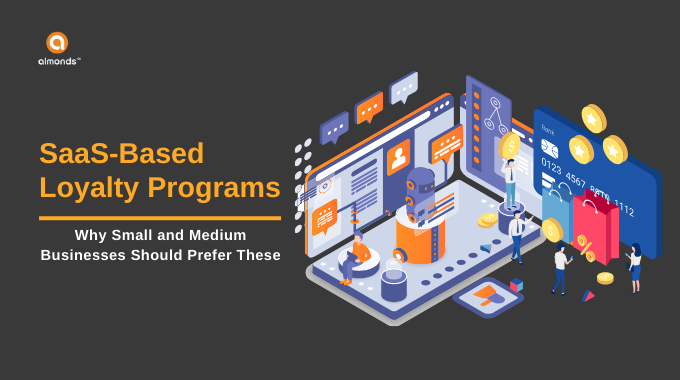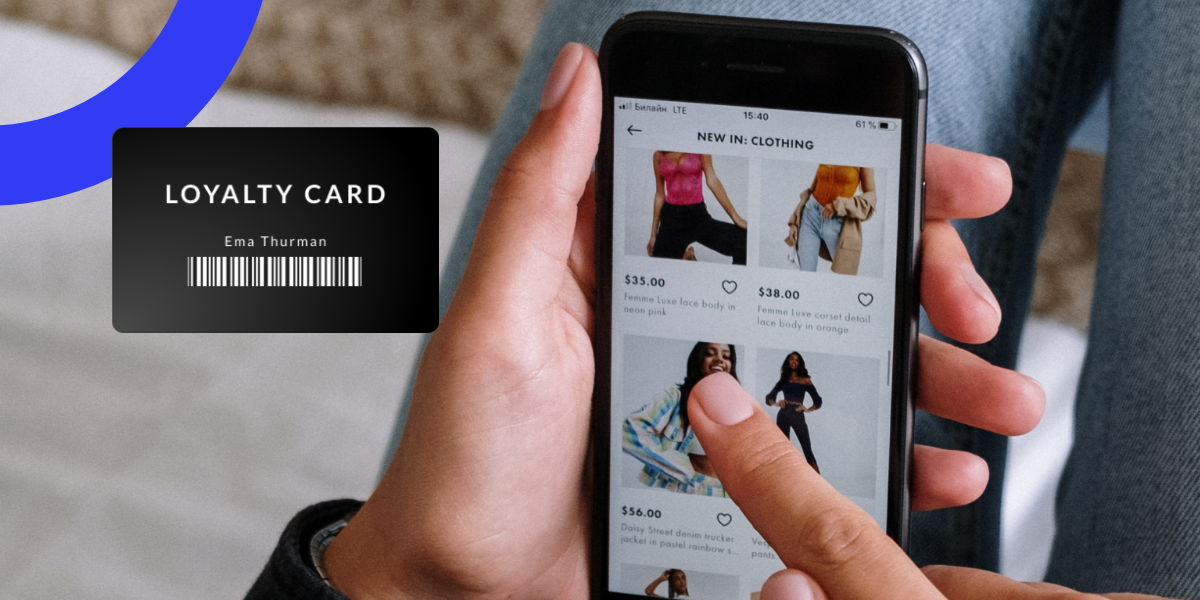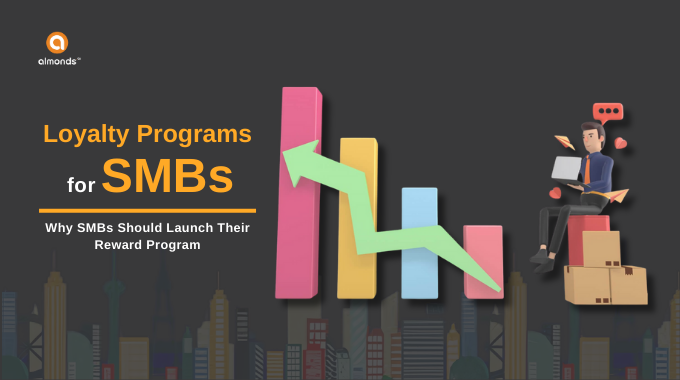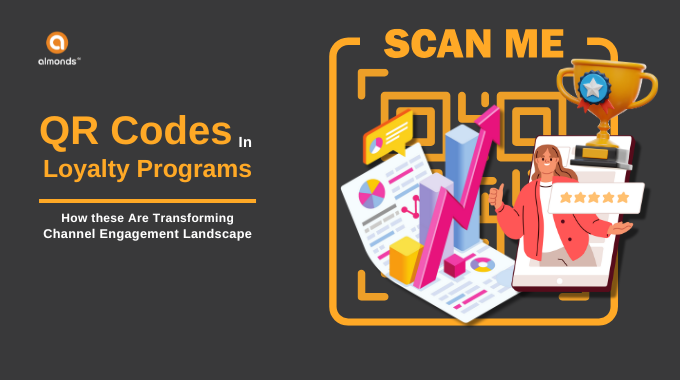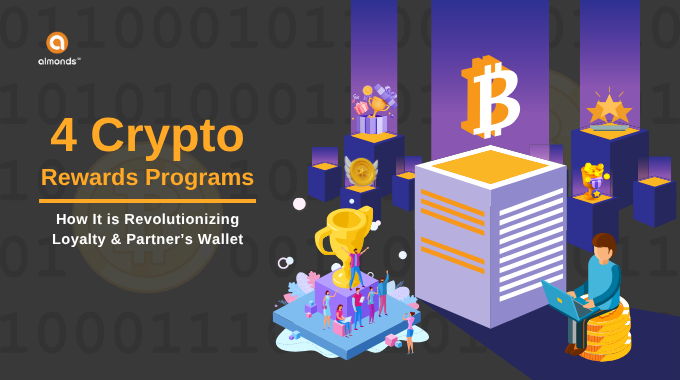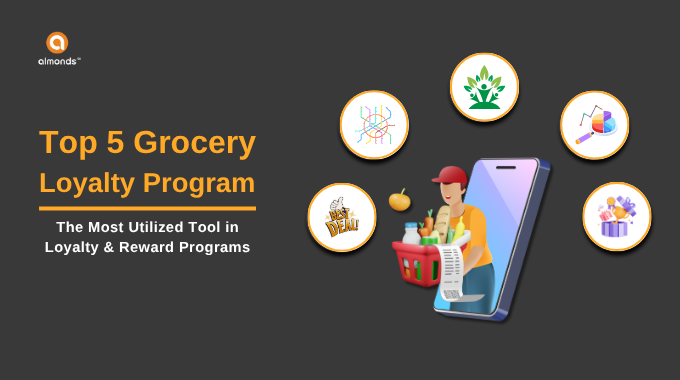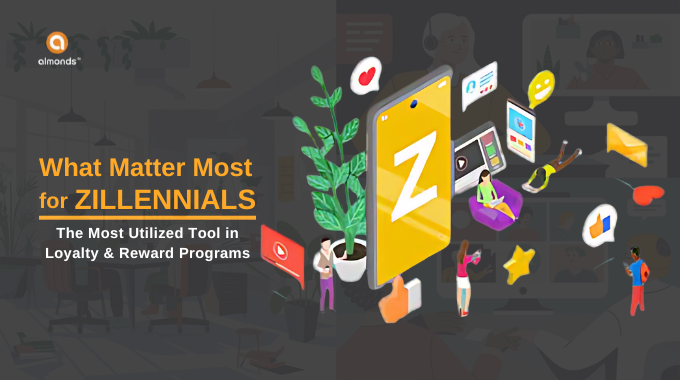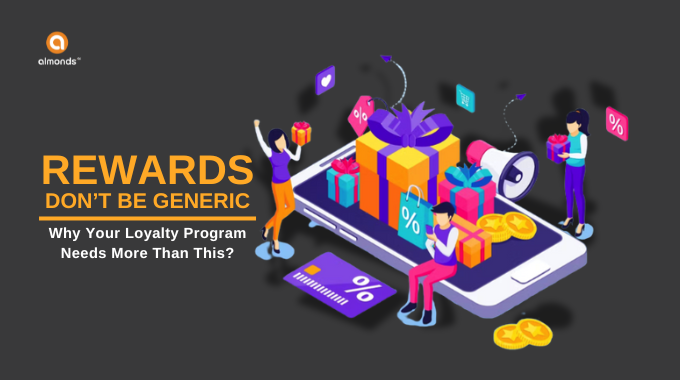In an increasingly competitive business landscape, businesses across industries are continuously looking for ways to stand out and build stronger relationships with their customers. One of the most effective ways to achieve this is through loyalty programs, which have become a cornerstone of customer retention strategies. However, off-the-shelf loyalty solutions often fail to fully address the unique needs of a business. This is where custom loyalty program software shines, offering a tailored solution that enables businesses to create a more personalized, engaging, and profitable loyalty experience for their customers. Let’s dive deeper into why businesses should consider investing in custom loyalty software for better profitability.
The Power of Custom Loyalty Program Software
Loyalty programs, while not new, have evolved significantly with the advent of technology. Companies now have access to an array of tools that can enhance the effectiveness of these programs. While there are various B2B loyalty program platforms available in the market, choosing a custom solution provides businesses with a significant edge over competitors using generic, cookie-cutter programs. A custom-built platform allows businesses to address their unique goals, align their strategies with customer expectations, and gain better control over data and customer engagement, ultimately leading to improved profitability.
1. Tailored to Your Business Needs
A major advantage of custom loyalty program software is the ability to tailor it according to the specific needs of the business. Off-the-shelf software often comes with fixed features and limited flexibility, which may not align with a company’s particular goals or target audience. Whether you are targeting B2B clients or B2C customers, a custom program gives you full control over the features, reward structure, and user experience.
For instance, a B2B loyalty program platform in Dubai can be customized to cater to the business environment in the UAE, offering region-specific rewards, culturally relevant incentives, and a customer experience that aligns with local preferences and trends. This level of personalization would be impossible with a generic loyalty software solution.
2. Enhanced Customer Engagement and Retention
The heart of any successful loyalty program is customer engagement. Custom loyalty software enables businesses to create more meaningful interactions with their customers. By leveraging detailed customer data, businesses can offer personalized rewards that match their behavior, preferences, and purchase history, increasing customer satisfaction and retention.
Consider a B2B rewards program platform in the UAE. Businesses can reward customers for behaviors that directly impact their business goals, such as increasing order frequency, purchasing certain product categories, or referring new clients. The ability to provide such specific and personalized rewards makes the program more engaging, motivating customers to interact with the brand on a deeper level.
For example, a mechanic loyalty program could offer rewards based on the volume of lubricants purchased, encouraging higher spending per transaction. A custom rewards system can even include advanced features like points for specific actions, exclusive access to premium content, or VIP rewards for top-tier customers.
python # Example Code: Customer Segmentation for Personalized Rewards def segment_customers(customers): # Segment customers based on their purchase frequency and volume frequent_buyers = [customer for customer in customers if customer['purchase_frequency'] > 10] high_value_buyers = [customer for customer in customers if customer['total_spent'] > 5000] return frequent_buyers, high_value_buyers def assign_rewards(frequent_buyers, high_value_buyers): # Offer exclusive rewards to different customer segments rewards = {'Frequent Buyer Discount': 5, 'VIP Access': 10} for buyer in frequent_buyers: buyer['reward'] = rewards['Frequent Buyer Discount'] for buyer in high_value_buyers: buyer['reward'] = rewards['VIP Access'] return frequent_buyers, high_value_buyers # Sample customer data customers = [{'name': 'John', 'purchase_frequency': 15, 'total_spent': 6000}, {'name': 'Alice', 'purchase_frequency': 5, 'total_spent': 2000}] # Segment and reward customers frequent_buyers, high_value_buyers = segment_customers(customers) rewarded_customers = assign_rewards(frequent_buyers, high_value_buyers) print(rewarded_customers)
This example code demonstrates how customer segmentation can be used to offer different rewards based on purchase behavior. It ensures that customers who engage more frequently or spend higher amounts are rewarded accordingly, increasing their overall loyalty and lifetime value.
3. Real-Time Analytics and Performance Tracking
A custom loyalty program provides businesses with real-time insights into how their program is performing. With a tailored platform, businesses can track customer activity, monitor the effectiveness of different reward types, and adjust the program’s rules and structure to improve performance. These insights are essential for improving customer engagement and making data-driven decisions.
Consider a B2B loyalty program in Dubai where businesses want to track the success of their incentive campaigns. Real-time dashboards can provide analytics on key metrics like customer redemption rates, engagement levels, and the ROI of different reward options. This allows businesses to make timely adjustments to their strategies, ensuring the program remains effective and profitable.
python
# Example Code: Tracking Reward Redemption Rates
def track_redemption(customers):
redeemed_rewards = {'Frequent Buyer Discount': 0, 'VIP Access': 0}
for customer in customers:
if customer['reward'] == 5:
redeemed_rewards['Frequent Buyer Discount'] += 1
elif customer['reward'] == 10:
redeemed_rewards['VIP Access'] += 1
return redeemed_rewards
# Track reward redemption rates
redemption_rate = track_redemption(rewarded_customers)
print(redemption_rate)
This simple code tracks which rewards are redeemed and can help businesses identify which rewards are more attractive to customers. By adjusting the program based on these insights, businesses can increase redemption rates and enhance program profitability.
4. Seamless Integration with Existing Systems
Custom loyalty program software can easily integrate with a business’s existing systems such as CRM, ERP, or eCommerce platforms. This ensures that the loyalty program works in tandem with other business functions, including inventory management, order processing, and customer service. Such integration reduces operational complexity and ensures a seamless customer experience.
For example, a B2B rewards platform for UAE businesses can be integrated with local payment gateways, enabling smooth transactions for rewards redemptions. The ability to sync with existing systems ensures that the loyalty program is efficient, with minimal administrative burden.
5. Scalability and Long-Term Cost Efficiency
While the initial cost of a custom loyalty program may be higher than off-the-shelf solutions, it is a cost-effective investment in the long run. Custom solutions are scalable, meaning that they can grow with the business. As the business expands, so too can the loyalty program, without the need for costly upgrades or third-party add-ons.
Furthermore, businesses using custom software can ensure that they are paying for only the features they need. This allows for better cost control, unlike pre-built software that may come with unnecessary features that businesses may never use.
Use Case: Loyalty Program for Retailers in the UAE
Imagine a retailer in the UAE who wants to launch a B2B rewards program platform. With custom software, the retailer can design a rewards program that caters specifically to their wholesale customers. For instance, the loyalty program might reward customers based on their purchase volume, the frequency of orders, and the type of products they purchase. Additionally, the retailer can implement tier-based rewards, offering premium incentives for top-tier customers such as exclusive discounts, free delivery, or even personalized product offerings.
By offering such tailored rewards, the retailer not only encourages repeat business but also strengthens their relationships with key customers, driving profitability.
Conclusion
In the competitive landscape of today’s business world, custom loyalty program software offers businesses a powerful tool to increase customer engagement, retention, and profitability. By providing the flexibility to design a program that fits their unique needs, businesses can create personalized experiences that resonate with their customers, leading to long-term success. With features like real-time analytics, seamless system integration, and tailored rewards, custom loyalty programs are an investment in the future.
Whether you’re operating a B2B loyalty program in Dubai or a B2B rewards platform in the UAE, choosing a custom loyalty program over an off-the-shelf solution gives you the ability to craft a program that delivers measurable results. This personalized approach not only boosts engagement but also ensures higher customer satisfaction, increased retention, and ultimately, greater profitability.
